How to wash reusable masks _
3 ways to wash reusable masks
The Ministry of Health published in April 2020 the recommended forms of reusable mask washing and the reusable mask standard indicates that one of these forms is to be chosen:
- Lavar con detergente normal y agua a temperatura entre 60 ºC y 90 ºC (ciclo normal de lavado).
- Sumergir en una dilución de agua con lejía (dilución 1:50) durante 30 minutos. Después lavar bien con agua y jabón y aclarar para eliminar los restos de lejía.
- Usar un viricida autorizado (norma EN 14476). Una vez desinfectadas,las mascarillas deben lavarse con abundante agua y jabón para eliminar restos químicos.
Look at what the label indicates.
As a general rule, textile masks should be washed before first use.
Some reusable hygienics may come already hygienic and do not need previous washing. It pays attention to textiles that do not allow the use of bleach, it is frequent to protect colors, although it is the second official method recommended.
It is recommended to dry in the air: in principle it is enough to have a couple of hours in the air and if it is in the sun, it is better. The dryer as a method of disinfection is not effective.
Where to discard the reusable mask
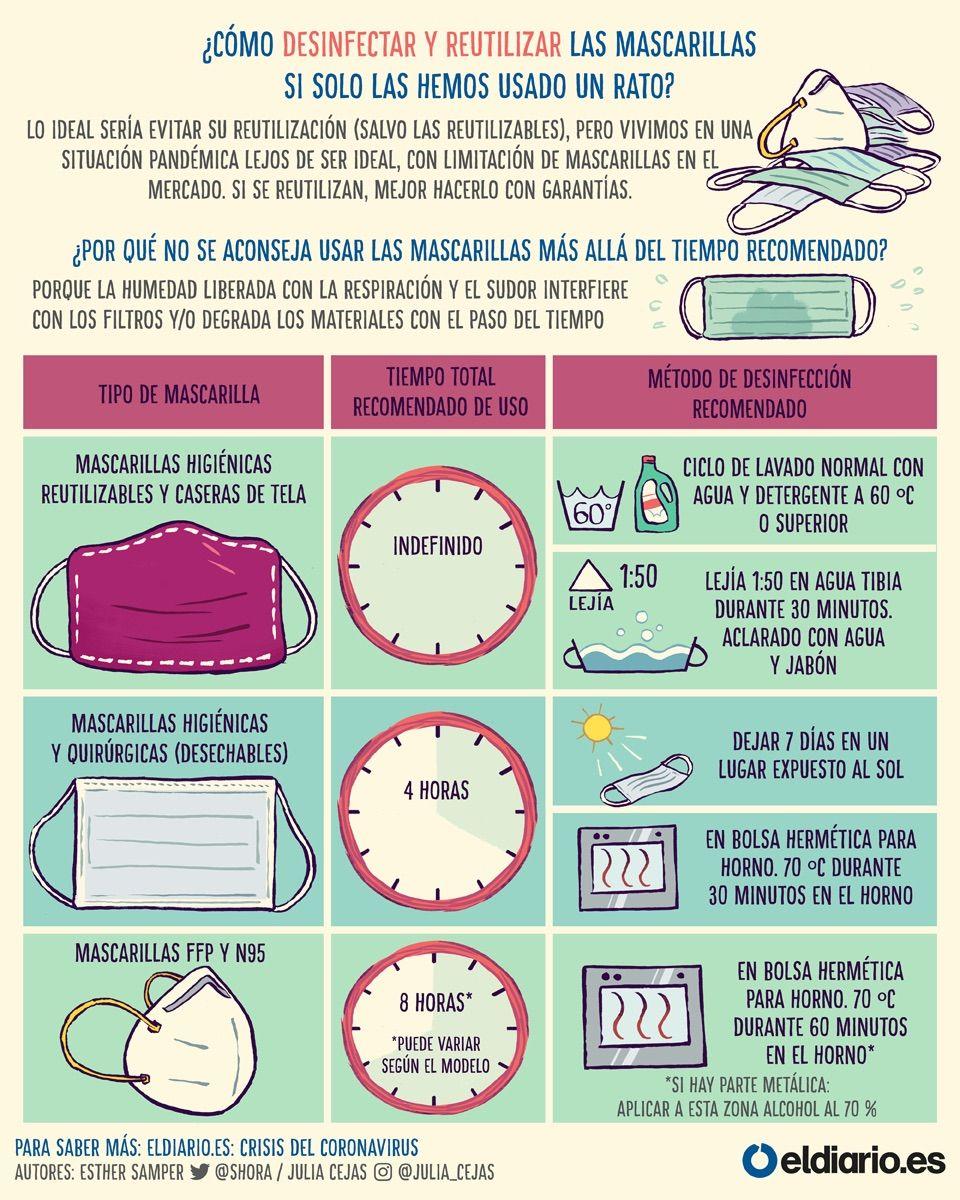
The mask should be discarded in a garbage can with a plastic bag and inside a second bag, as a precaution. The appropriate container is that of general remains that are not recycled.
Where to store the mask
To store it during use, for example, if we sit at the table on a terrace, it is recommended to put it in a paper bag that allows it to transpire and can then be discarded with the mask itself. Cloth bags would also be used for the same purpose, provided that they are disinfected next to the masks.
This is how users wash their masks
I wash, you wash, they wash... And everyone does it in their own way. We asked a few consumers how they washed reusable masks at home, what method they followed. We received very varied answers:
How do they wash them?
What soap do you use?
What disinfectant do you use? Those who choose to disinfect use
How do they dry them?
How often do they wash them?
How do you keep them? The answers to this question are very different: in the pocket; in hermetic plastic bag, in paper, in fabric; in mask holders; in the bag without protection; I hang them at home.
Users' doubts about reusable masks
How effective are reusable masks?
Reusable masks can be of various types. They are not subject to any standard, so there is no evidence that they have proven filtration efficiency: OCU does not recommend them. Others have a minimum filtration efficiency of 70% and others, reusable hygienic masks that meet UNE 0065 standard, must offer filtration efficiency of more than 90%. In fact, according to the most recent regulations, no mask that does not comply with this efficacy can be called hygienic. Disposable hygienic masks, which must comply with UNE 0064, must be more than 95% effective.
For a healthy population, hygienic masks are a good alternative: our latest analysis shows this.
Check the mask comparator

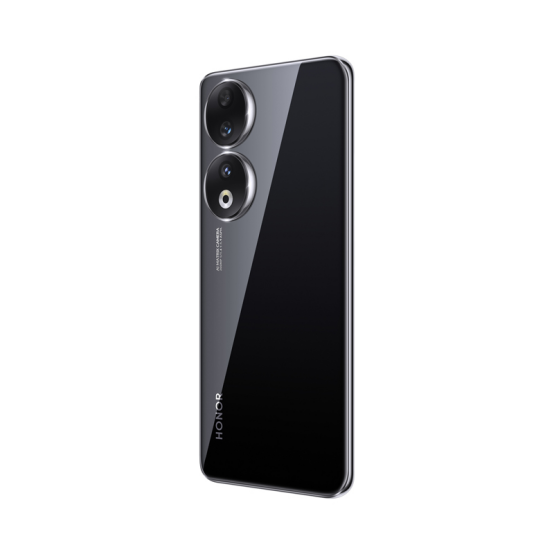
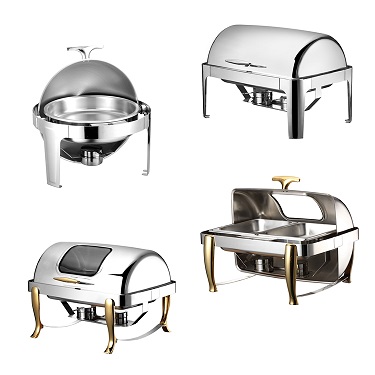

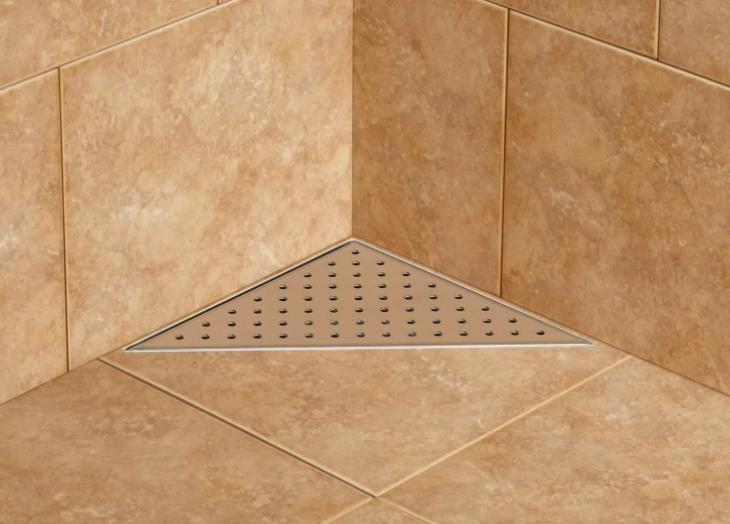

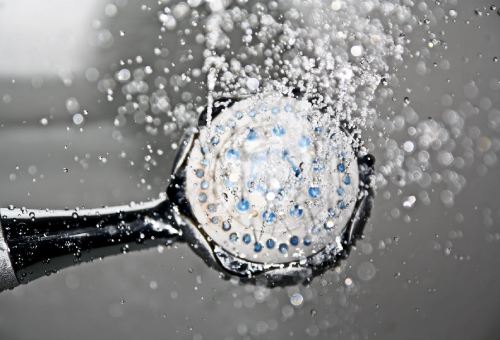
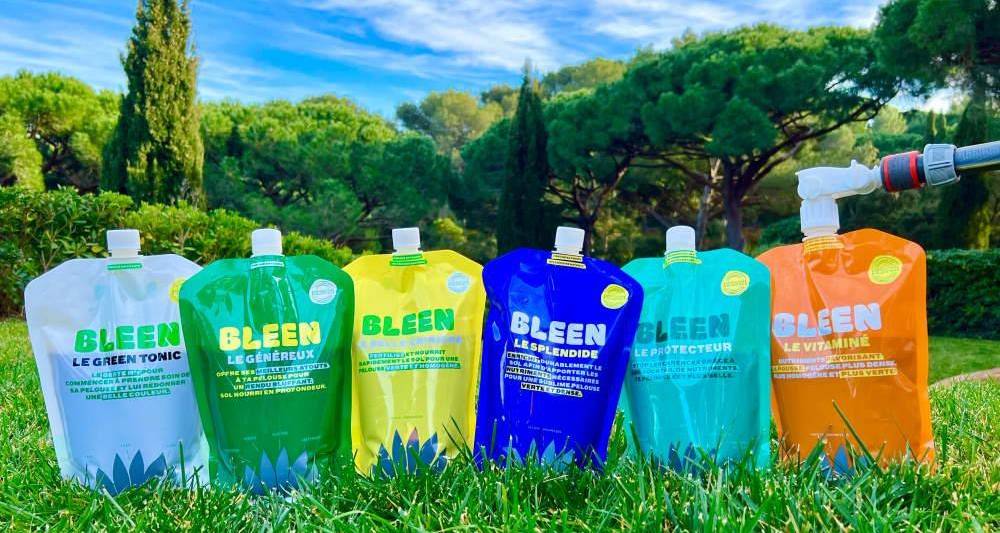

2143